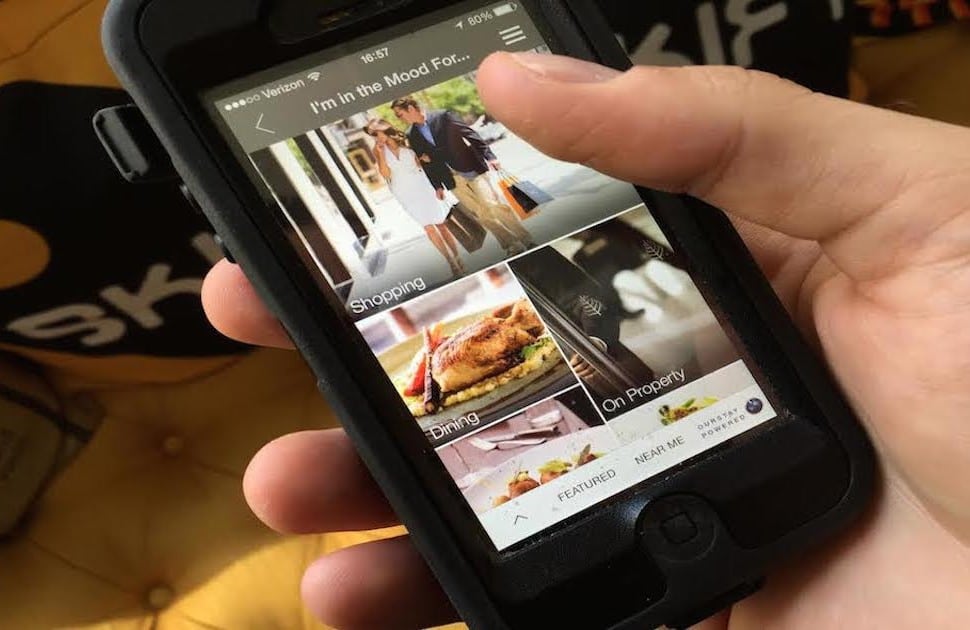We recently released our latest report in the Skift Trends series, The State of Mobile Booking 2016.
Below is an extract. Get the full report here to get ahead of this trend.
Mobile applications are generally considered to provide a superior user experience to mobile websites, but data from Google’s 2014 “Traveler’s Road to Decision” study indicates neither channel is dominant in mobile booking.
Google found that 45 percent of leisure travelers who booked on a smartphone did so via their browser, while 40 percent used a mobile app. Meanwhile, 55 percent of business travelers used the browser to make a booking, and 63 percent used a mobile app to do so. (Some respondents reported using both mobile websites and mobile apps.) Forty-four percent of users in both categories actually placed a call to make their arrangements.
Most travel and hospitality companies should continue to focus on both mobile channels. But airlines, hoteliers and other direct players in the travel space would much prefer their customers use their apps than their websites for several reasons. While consumers often use online search to find what they’re looking for on the web, using a branded app ensures they stay in direct contact with the company itself.
An app also creates an opportunity to engage the customer more closely through features such as push notifications and loyalty programs, as well as the use of technologies that can be used to unlock a hotel room door or board a flight. Such perks might also provide a way to keep consumers from straying to OTAs, which can also access that kind of data but can’t leverage it in a face-to-face manner the way hotel chains and airlines can.
“We’re seeing an increased focus on branded apps, and it makes sense,” says Strategy Analytics’ Josh Martin. “These guys are going to make more money through their own apps, and you’ll get a stickier user. But I think it’s unrealistic to expect anyone to book through a certain provider, through a particular app” as opposed to using an OTA where they can easily compare prices and other variables.
The effort to get branded apps into the hands of consumers is why we’re seeing players in different sectors of the travel industry integrate their apps with each other’s. For instance, Uber has struck partnerships that enable users to order a car from apps published by United Airlines and Hyatt Hotels.
It’s still unclear whether the direct vendors can make their apps compelling enough to keep their customers away from major OTAs, however.
“I think the biggest challenge if you look at how users are using appslications is that they’re utility applications,” Martin said. “Unless you’re a frequent traveler, the chances of downloading and using a travel app frequently are small.”
Subscribe to Skift Pro to get unlimited access to stories like these
{{monthly_count}} of {{monthly_limit}} Free Stories Read
Subscribe NowAlready a member? Sign in here
Subscribe to Skift Pro to get unlimited access to stories like these
Your story count resets on {{monthly_reset}}
Already a member? Sign in here
Subscribe to Skift Pro to get unlimited access to stories like these
Already a member? Sign in here
